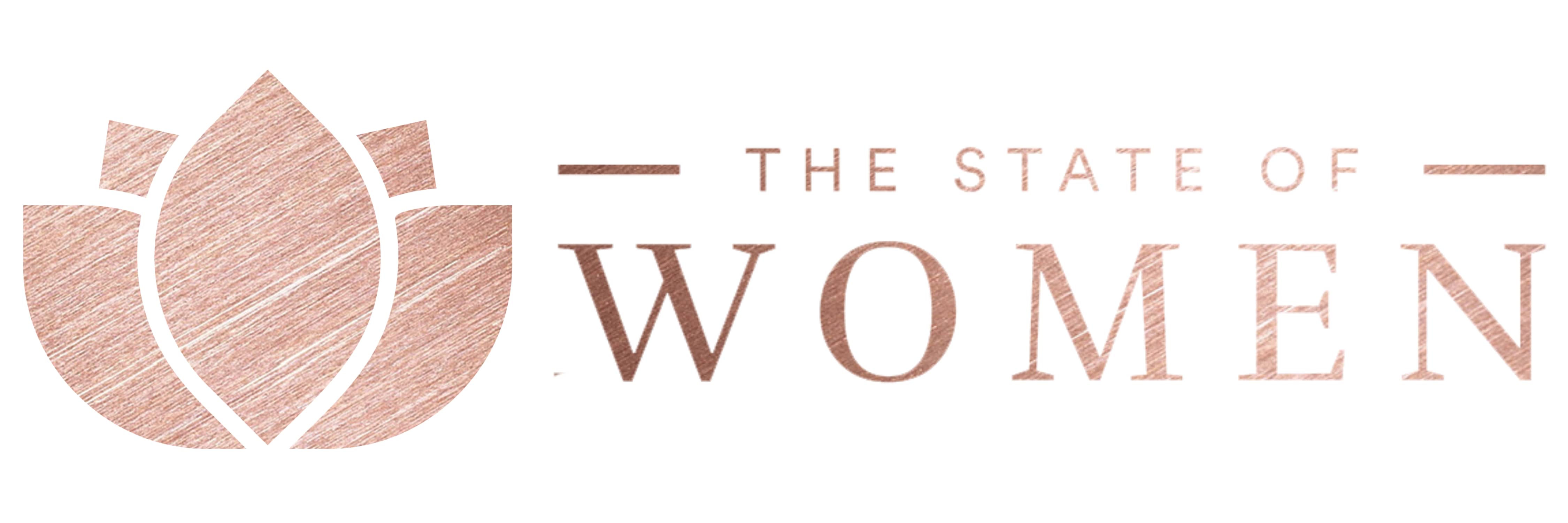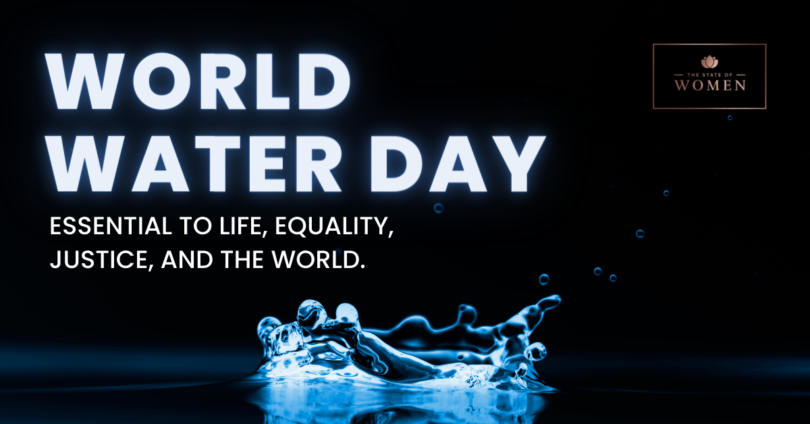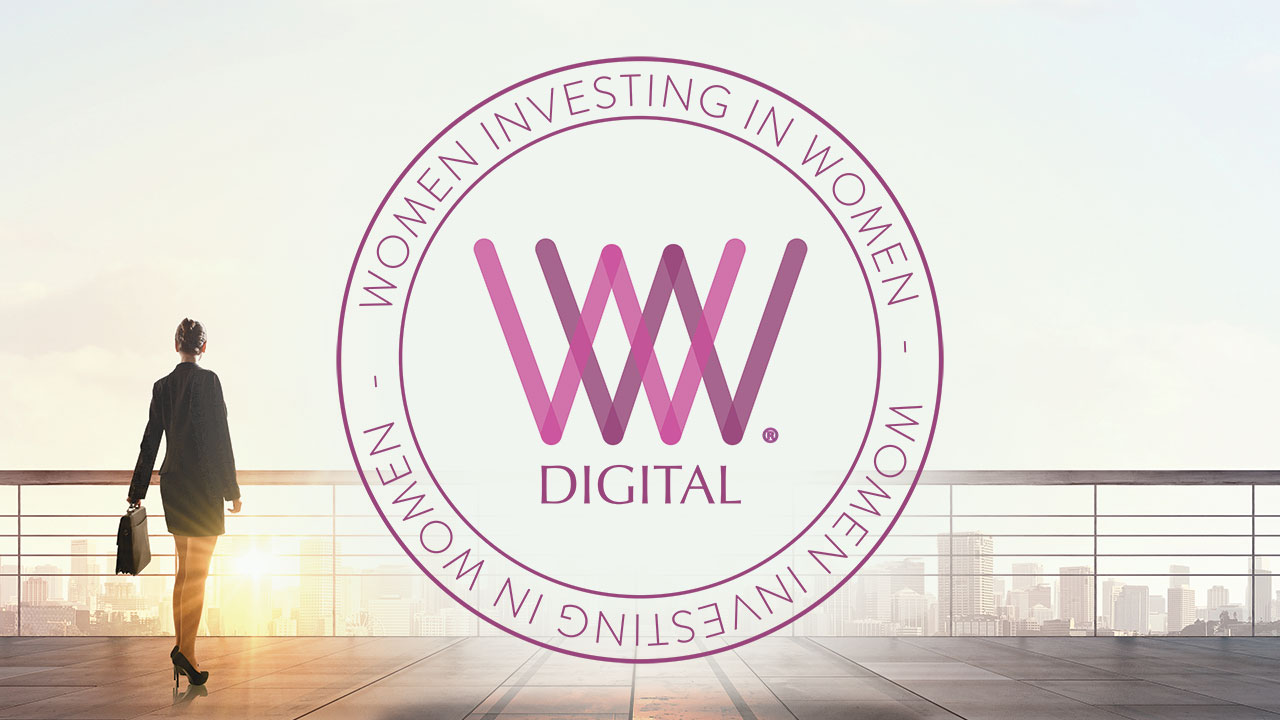Today, on World Water Day, we’re joining voices from around the world in calling for individuals, organizations, and governments to do all we can to guarantee clean, safe water for everyone. Access to clean water is a privilege—and not one shared by everyone.
Water quality and availability is not only vital to life: It sustains the environment, societies, and economies. Lack of water—or unsafe water—harms people, especially those who are already marginalized or vulnerable. And water is a women’s issue. Women and girls spend and estimated 200 million hours each day on the physically demanding task of collecting water. Many are forced into the task even while pregnant or physically impaired, especially those facing violence. The task makes education even more difficult for many girls.
Lack of clean, affordable drinking water also is a burden on many communities of color and Indigenous communities. Basically: Funding and protections are needed for clean and safe water to be guaranteed—and those who are already oppressed are even more likely to suffer.
We can all do our part by doing things like saving water at home, preventing pollution, cleaning up waterways, and planting trees to reduce erosion. But systemic, compassionate, and large-scale change is needed if the world’s water is to be managed efficiently—and if people everywhere are to be safe, happy, and free.



